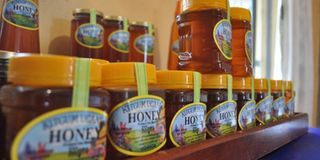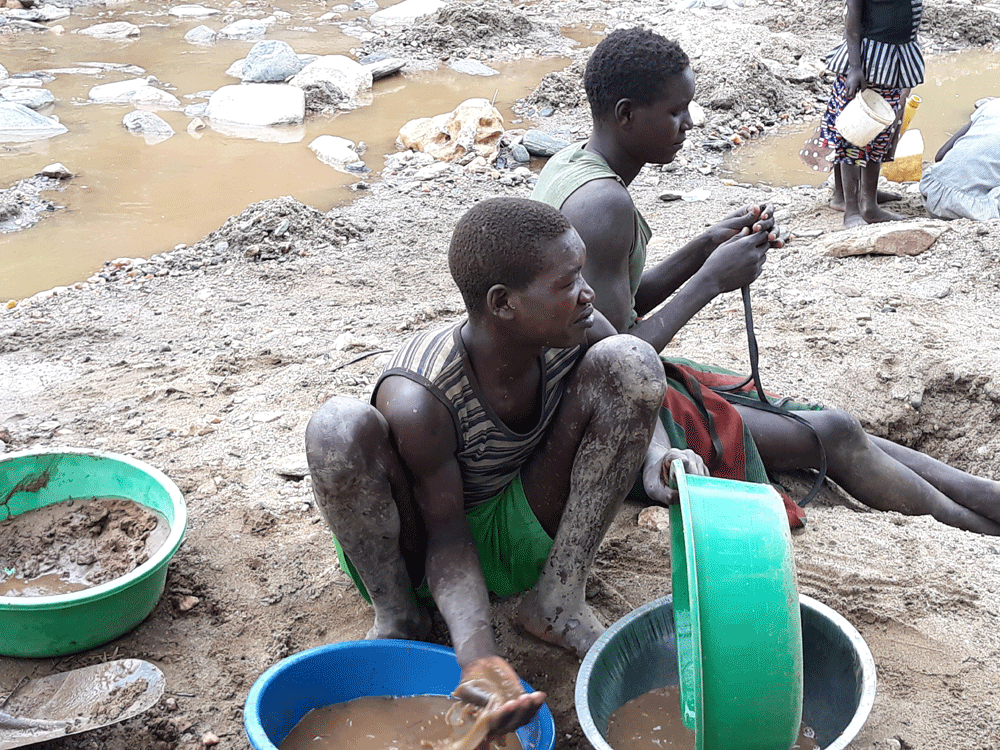Prime
Certify honey products for global markets - UNBS

Uganda has the capacity to produce 2,000 and 3,000 tonnes of honey annual on the low side . PHOTO BY RACHEL MABALA
What you need to know:
Problem. The industry has been infiltrated by unscrupulous players putting diluted honey on the market.
Kampala.
Bee keepers, apiary manufacturers, and honey dealers have been urged to get quality standards marks to increase product competitiveness and consumer confidence in the sector.
This advice was given by Mr Joseph Lutaaya, the Uganda National Bureau of Standards (UNBS) officer in charge of Small and Medium Enterprises (SMEs), during training on honey specifications, code of practice for apiary management and labelling of honey products in Uganda.
Mr Lutaya said: “When they are not certified, they are less competitive, especially on the regional and international market, each producer, processor is required to get a standards mark.”
This comes at a time when Uganda’s honey exports are still low owing to the country’s low production and the lack of standard certificates by many producers.
Despite its potential, the industry has been infiltrated by unscrupulous players putting fake diluted honey on the market.
According to Mr Dickson Biryomumaisho, the executive director of Uganda National Apiculture Development Organisation, not all uncertified honey is substandard but farmers have not taken the time to have their machinery standardised by UNBS.
“This country has potential to produce at least 50 metric tonnes a year. Our honey has market and its one of the best in the region but you can not export unless you pass the standard test,” said Mr Biryomumaisho.
TUNADO information shows there are about 20 commercial bee farmers in Uganda who are able to harvest a metric tonne of honey a year despite the growing demand for honey and other bee products.
According to the 2010 Uganda Bureau of statistics report, there are 1.2 million bee keepers in Uganda most of whom in west Nile regions. There are about four companies certified to trade in honey and other bees products




